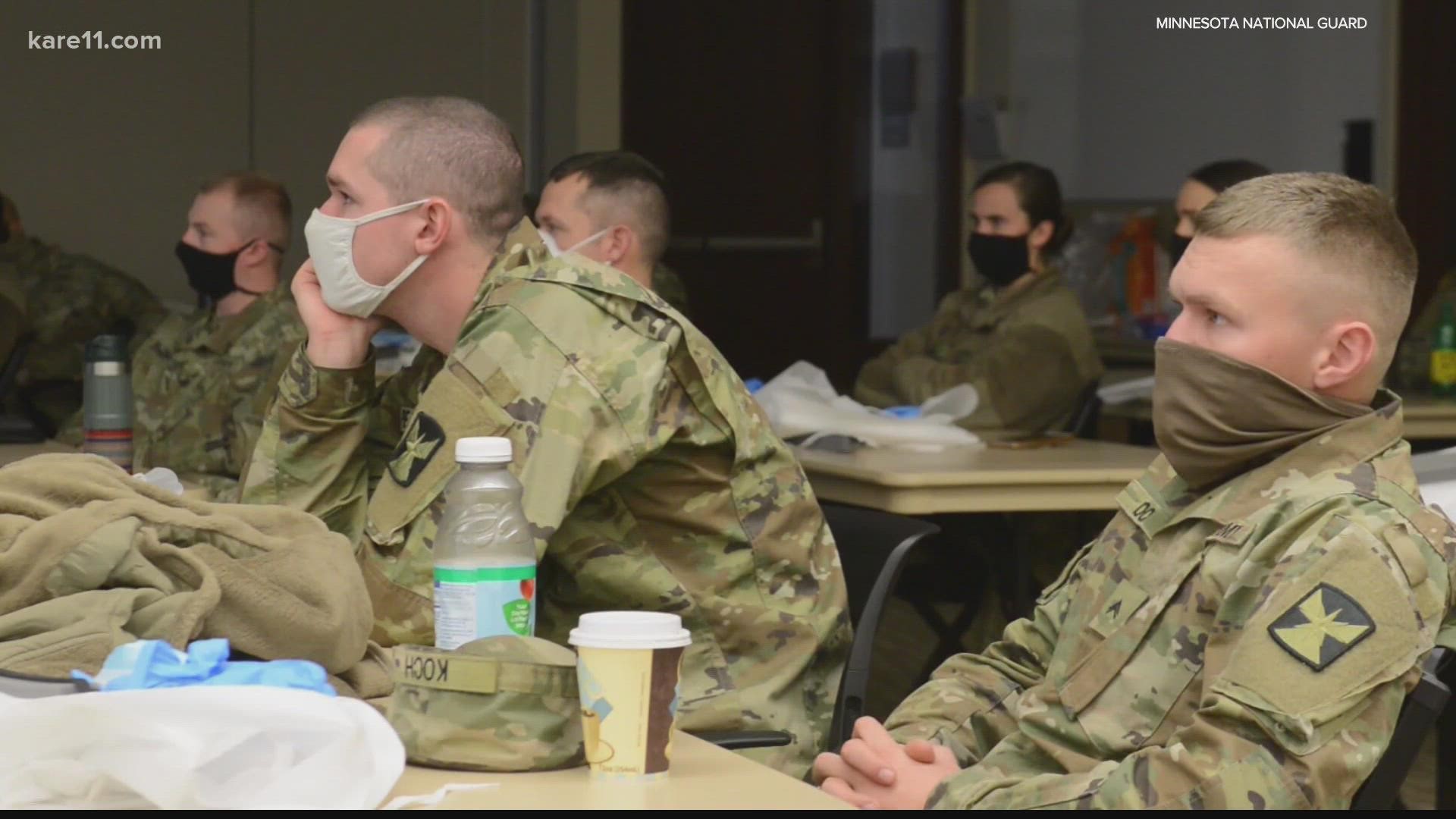ST PAUL, Minn. — Editor's note: The video above first aired on Nov. 22, 2021.
Long-term care providers could soon receive much-needed support to fill vacant certified nursing assistant (CNA) positions, after the unveiling of a new state-backed training partnership Monday.
Governor Tim Walz and health officials announced the initiative, which involves a partnership between colleges in the Minnesota State system, long-term providers and the state. The plan will involve recruiting qualified Minnesotans and enrolling them in certification programs. Once trained, those CNAs will be eligible for employment with long-term care facilities facing severe staffing shortages.
The Walz administration says CNA students will be offered resources and support from the first day of class to the first day on the job, to allow them to become certified at no cost. Expenses covered include tuition, fees, textbooks and materials. Additional investments will support transportation and technology needs for students.
Longer term, the program will provide up to 10 high schools with funds for lab equipment necessary to offer nursing assistant training classes on site.
The model will be similar to one currently being used by 16 colleges within the Minnesota State system to train approximately 400 members of the National Guard for deployment as emergency temporary nursing assistants.
“Every member of our care team plays an essential role, but by far our deepest staff shortages are for the certified nursing assistants who serve on the front line of services and support,” said Gayle Kvenvold, President and CEO of LeadingAge Minnesota. “This welcome initiative will help remove barriers to training for all those who are attracted to this special career that lies at the heart of long-term care services and support. We are grateful for the ongoing, collaborative work with state agency partners to address the extraordinary workforce challenges in our sector.”
The governor plans to fund the CNA initiative by tapping $3.5 million in federal American Rescue Plan funds. He will send the request to the legislative COVID-19 response commission for review.
Keeping students in programs that train certified nursing assistants has been a significant challenge: Statewide enrollment data shows more than 11,500 students enrolled in CNA programs between 2017 and 2020, but only 5,100 of them completed a CNA credential.
Of the remaining students who started the schooling, only 1,500 were still enrolled in a CNA program by fall of 2020.

